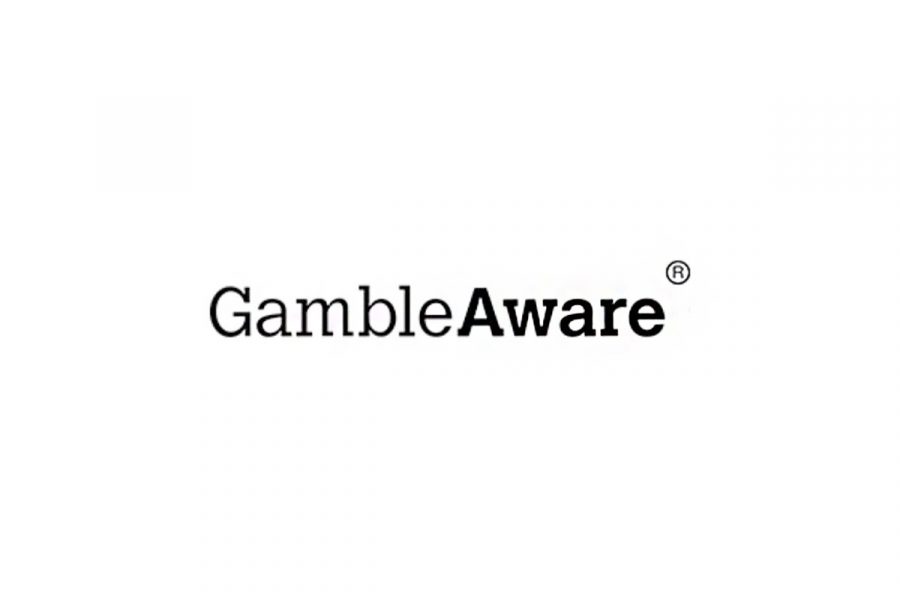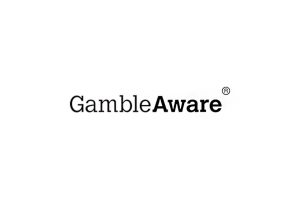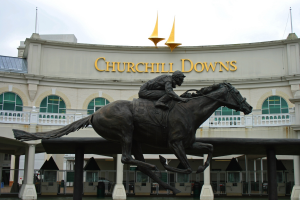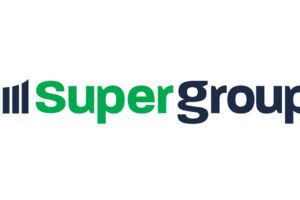GambleAware study identifies UK region with most gambling harm

A report suggests that one region has a problem gambling rate that is 25 per cent higher than the national average.
UK.- GambleAware has reported the results of a study that suggests that the West Midlands has a disproportionately high level of gambing harm. The study found that 3.9 per cent of adults in the region (168,000 people) experience gambling harm, 25 per cent more than the national average.
The charity also reported that 75 per cent of those who experience problem gambling do not feel comfortable enough to speak with their family and friends about the problem. Moreover, three in five people do not engage with people experiencing gambling harm due to stigma.
Dr Joanne Lloyd, associate professor and gambling harms expert, University of Wolverhampton, commented: “Stigma is a massive issue in relation to gambling harms as it is one of the biggest barriers to people seeking treatment. Understanding stigma in relation to gambling harms is not as advanced as some other conditions – so we still have a lot to learn from the research that is currently underway. Most importantly, there’s no shame in asking for help, it’s one of the best steps you can take if you are suffering.”
Zoë Osmond, chief executive of GambleAware, said: “This is why our stigma campaign is working to encourage people to open up about their experiences of gambling and seek the free help and support that is available by searching GambleAware. It is vital that people impacted, in the West Midlands and across Great Britain, are aware of the wide range of support services available, and that they feel safe to come forward.”
Stuart Andrew, the UK minister responsible for gambling, said: “Stigma around gambling is one of the main barriers in the way of people seeking help. This research shows the benefits of opening up and the importance of telling people if you are struggling.
“We are determined to protect those most at risk of gambling harm, in the West Midlands and across Great Britain, and are implementing the measures included in our gambling white paper at pace. As part of this, we recently introduced stake limits for online slot games and will soon be outlining our plans for a levy on gambling companies to go towards research to better understand gambling harms.”
Meanwhile, the Charity Commission has confirmed that it has received a complaint against GambleAware. An independent non-profit body called The Good Law Project has alleged that the charity is providing false information on gambling-related harms.
The complainant also raised concerns over the body’s industry links and questioned its high-profile Bet Regret campaign, which it said implies that gamblers are personally to blame for their losses. GLP said GambleAware’s discourse was “promoted by the gambling industry” and aimed to shift the blame from aggressive advertising or harmful products to individual gamblers










